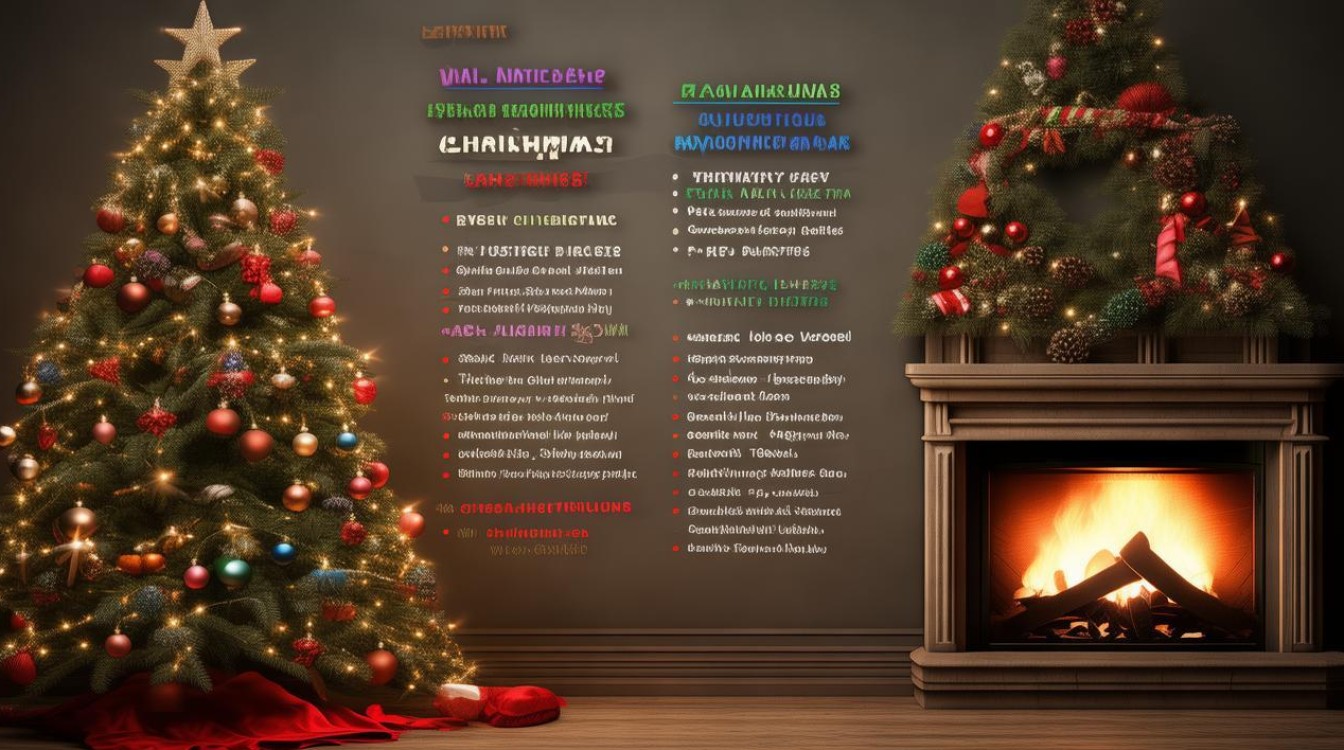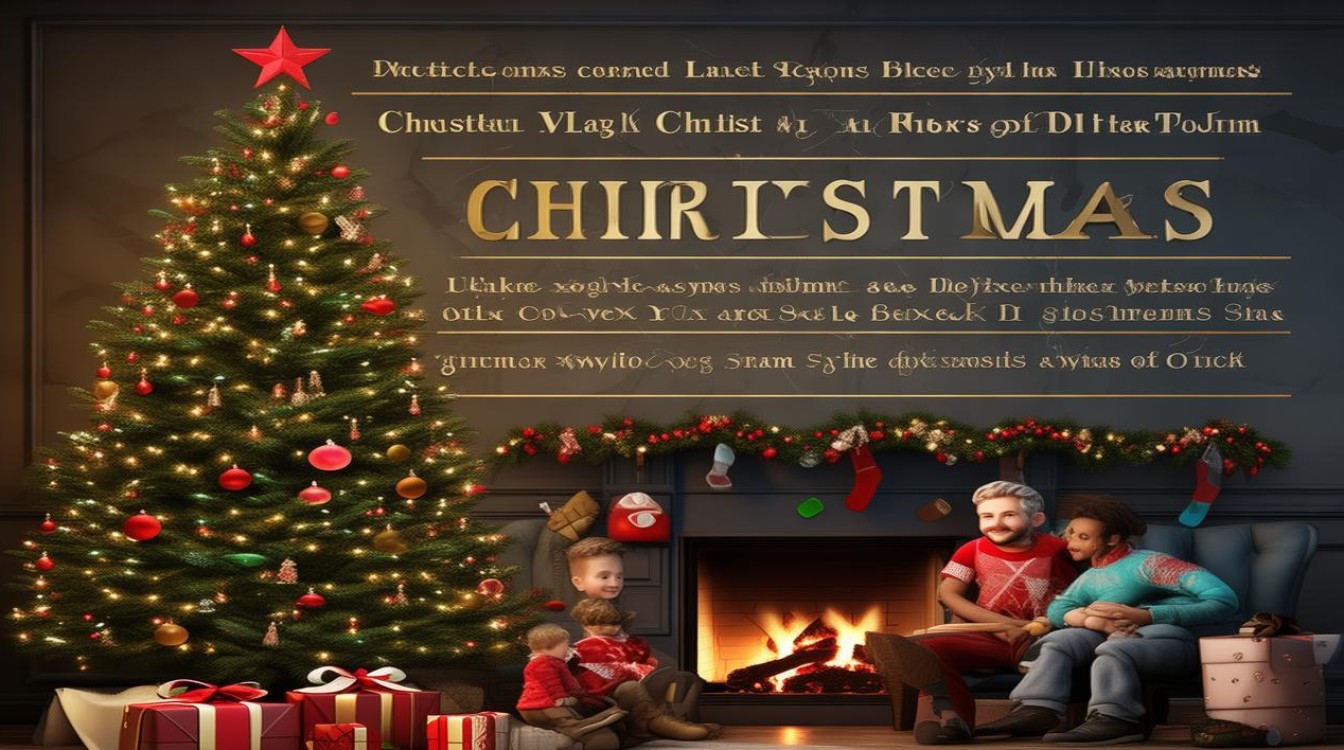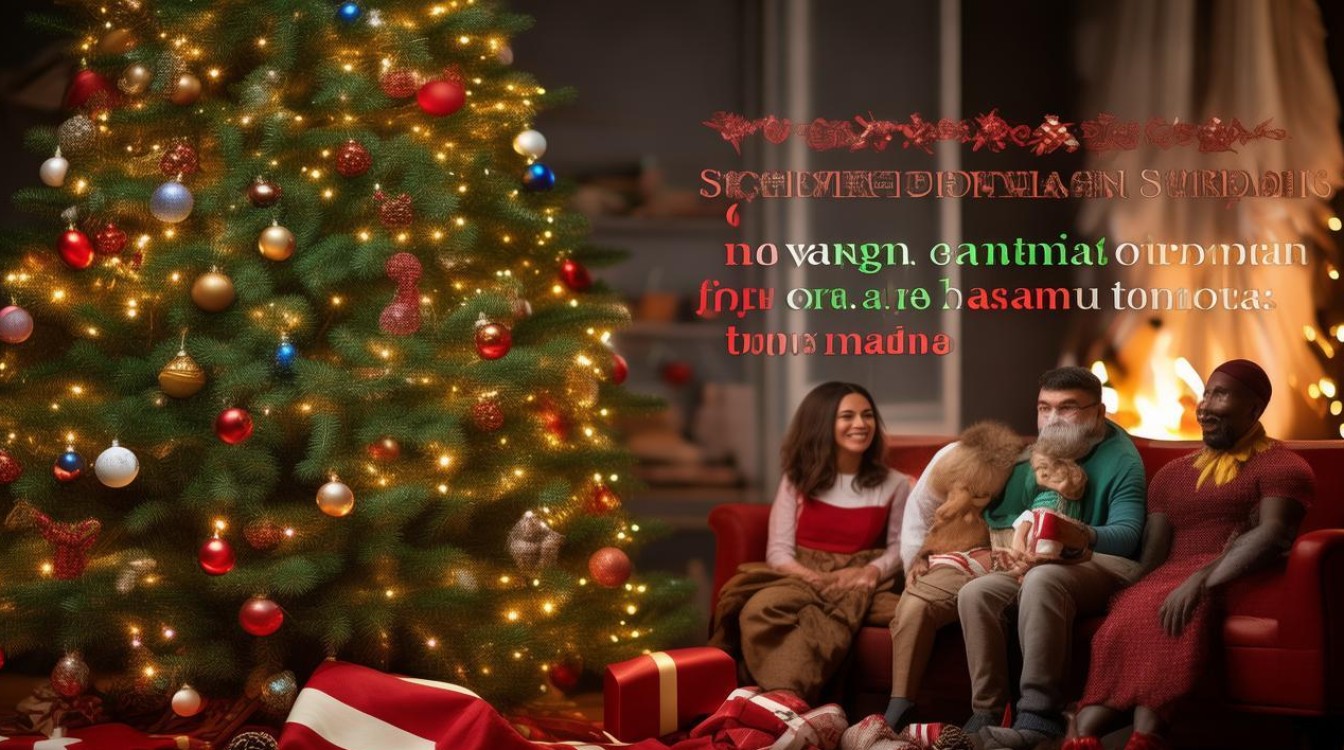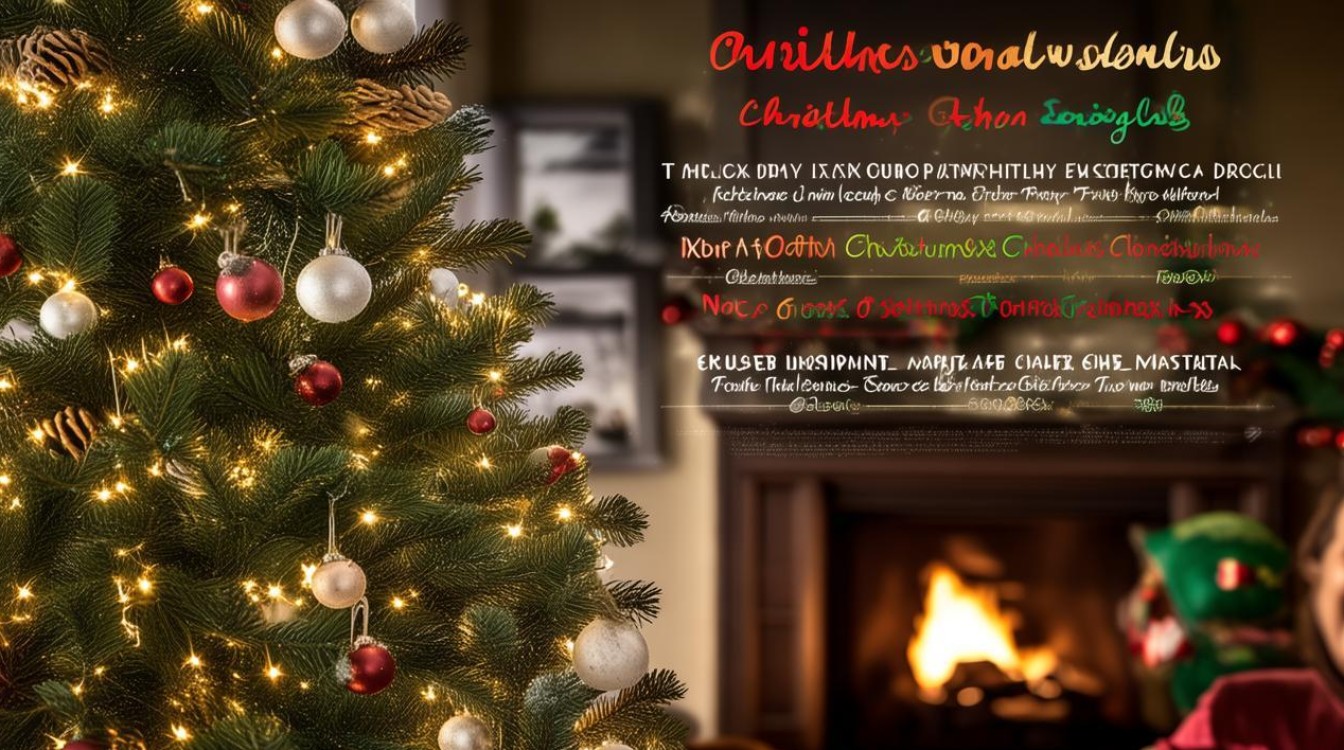The holiday season brings joy, warmth, and a unique set of traditions—many of which are best expressed in English. Whether you're sending festive greetings, planning celebrations, or simply expanding your language skills, mastering Christmas-related vocabulary can enhance your experience. Below is a curated list of essential English words and phrases associated with Christmas, along with their meanings and cultural significance.

Core Christmas Terms
Christmas
The central holiday celebrating the birth of Jesus Christ on December 25th. It has evolved into a cultural celebration marked by gift-giving, feasting, and family gatherings.
Nativity
A depiction of the birth of Jesus, often represented in nativity scenes (also called crèches) with figurines of Mary, Joseph, the baby Jesus, shepherds, and the Three Wise Men.
Advent
The period leading up to Christmas, beginning four Sundays before December 25th. Many observe Advent with calendars, wreaths, and candles counting down the days.
Yuletide
An archaic term for the Christmas season, derived from old Germanic winter festivals. Today, it’s used poetically in phrases like Yuletide greetings.
Festive Decorations
Christmas Tree
A decorated evergreen tree, traditionally a fir or pine, adorned with lights, ornaments, and a star or angel at the top.
Tinsel
Thin, shiny strips of foil used to add sparkle to Christmas trees.
Ornaments
Decorative items hung on trees, including baubles, stars, and handmade crafts.
Wreath
A circular arrangement of evergreen branches, often hung on doors as a symbol of eternal life.
Mistletoe
A plant hung in doorways, under which people traditionally kiss—a custom with roots in Norse mythology.

Christmas Characters & Figures
Santa Claus
Also called Saint Nicholas or Father Christmas, the jolly, red-suited figure who delivers gifts to children on Christmas Eve.
Reindeer
Santa’s flying companions, led by Rudolph (the red-nosed reindeer).
Elves
Santa’s helpers, often depicted making toys in the North Pole.
Scrooge
A character from Charles Dickens’ A Christmas Carol, representing greed before his transformation into generosity.
Holiday Traditions & Activities
Caroling
Singing Christmas songs door-to-door or in public spaces. Popular carols include Jingle Bells, Silent Night, and Deck the Halls.
Eggnog
A creamy, spiced drink made with milk, eggs, sugar, and often alcohol like rum or brandy.
Gingerbread
Spiced cookies or houses shaped and decorated for Christmas.
Stocking
A large sock hung by the fireplace, filled with small gifts by Santa.
Secret Santa
A gift exchange where participants anonymously give presents to one another.

Religious & Cultural Terms
Epiphany
Celebrated on January 6th, marking the visit of the Three Wise Men to the baby Jesus.
Bethlehem
The biblical birthplace of Jesus.
Frankincense & Myrrh
Two of the three gifts (along with gold) given to Jesus by the Magi.
Noel
A French-derived word meaning "Christmas," often used in songs and greetings.
Modern Christmas Expressions
"Merry Christmas!"
The most common holiday greeting.
"Happy Holidays!"
A more inclusive phrase acknowledging multiple winter celebrations.
"Xmas"
An informal abbreviation of Christmas, where X represents the Greek letter Chi, an early Christian symbol for Christ.
"Deck the Halls"
A phrase from the famous carol, meaning to decorate for the season.
Christmas Food & Drinks
Roast Turkey
A traditional centerpiece for Christmas dinners in many Western countries.

Mince Pies
Small, sweet pies filled with spiced dried fruit.
Mulled Wine
Warm, spiced red wine, popular in European Christmas markets.
Fruitcake
A dense cake packed with dried fruits and nuts, often soaked in alcohol.
Seasonal Weather & Atmosphere
Snowfall
A hallmark of Christmas in colder climates, inspiring imagery of white Christmases.
Frosty
Descriptive of cold, icy weather, also the name of the famous snowman in song and story.
Hearth
The fireplace area, symbolizing warmth and family gatherings.
Final Thoughts
Christmas vocabulary enriches communication during the holiday season, whether in writing cards, singing carols, or sharing stories. These words carry cultural weight, blending religious history with modern festivities. By understanding and using them, you can fully embrace the spirit of Christmas in English-speaking contexts.
The holiday season is a time for connection, and language plays a key role in that. Whether you're learning English or simply appreciating the beauty of these terms, may your Christmas be filled with warmth, joy, and meaningful moments.

